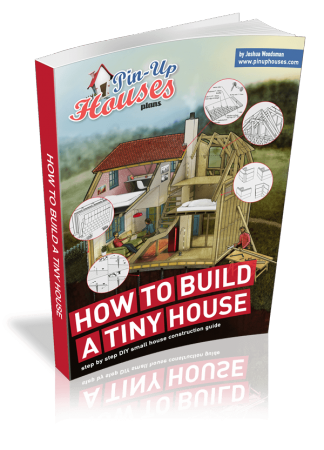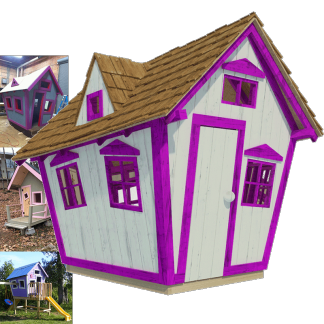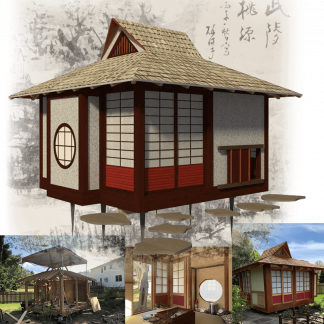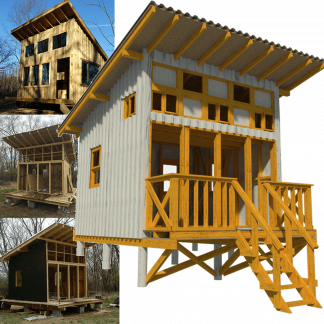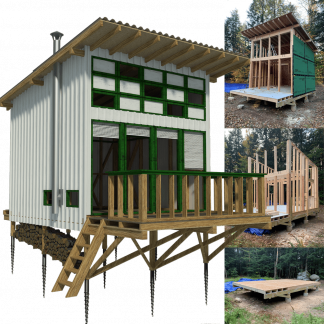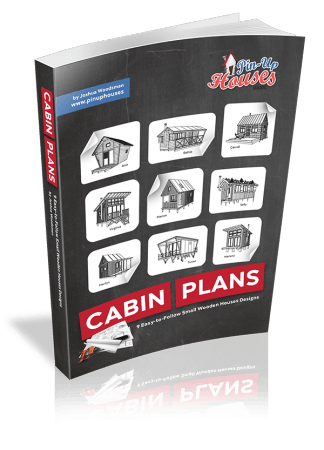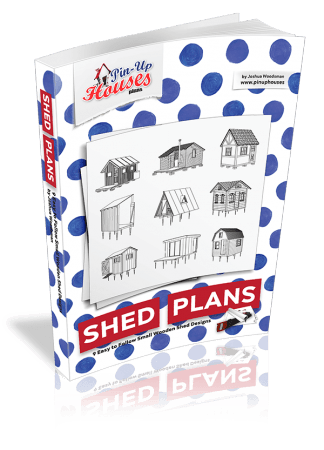Things have changed, haven’t they? It feels like the old life plan just doesn’t quite fit anymore. I was all about getting a steady job, buying a house, and making a retirement plan. Today, it seems that more and more people are looking for something different – a life with more freedom, where they call the shots, and what they do actually matters. Instead of trying to climb some never-ending corporate ladder, many are creating their own paths – teaching online, freelancing, you name it – so they can work from pretty much anywhere and actually enjoy their lives.
Working and living: a fresh approach
With the instability of the past few years has come a widespread realization: life is fleeting, and how we live each day matters. For many, this has sparked a radical reassessment of values. Rather than working simply to survive or accumulate wealth, people increasingly ask themselves deeper questions: “What brings me joy?” “How can I align my lifestyle with my beliefs?” “What does success mean to me?”
These questions have fueled intentional living. Teaching English online from a self-built cabin in the woods or running a coaching business from a van parked near a beach are no longer pipe dreams. They’re real, achievable paths for those who are willing to reimagine how and where they live and work. The goal? A balanced life that integrates meaningful work, time in nature, and personal freedom might also include travelling the world.
It’s not just about wanting to travel the world, though. For a lot of people, this shift is a necessity. Let’s face it, the employment sector just doesn’t feel as solid as it once did. And to make matters worse, many younger generations feel that buying a home and financial stability are unattainable dreams. So, taking a chance on something different–something that might have seemed risky before–now feels like a smart move. Teaching online, doing remote consulting, and building an online business aren’t just side hustles anymore; they’re real ways to make a living.
Breaking away from traditional living arrangements
Even though this whole idea of living and working differently sounds really inspiring, it’s important to be realistic about it – it’s not all sunshine and rainbows. From rent and gas to food and healthcare, the cost of everything these days is going up. Financial independence might seem like a distant dream, but for those who have tasted the freedom of working remotely or living the digital nomad life, the answer isn’t to go back to the way things used to be. It’s about figuring out a way to make it work in an ever-changing world.
And a big part of that is rethinking our homes and workspaces. Instead of feeling like we need to buy these huge houses in expensive cities, people are starting to think smaller and spread out more. Tiny houses, converted vans, yurts, and cabins way out in nature are all becoming normal options instead of city apartments. Whether a little off the grid or completely self-sufficient, these kinds of homes offer a level of independence that you just don’t get with a regular house.
These homes aren’t just pretty, they’re affordable too. They cost less to build, they’re easier to take care of, and they can adapt to different situations. A lot of these are built to be sustainable, with things like solar panels, compost toilets, ways to collect rainwater, and wood stoves instead of all that concrete and central air. In a nutshell, they let people live closer to nature, cut down on their impact on the environment, and avoid being stuck with massive mortgage debt.
Leaving the apparent stability of 9-5 jobs behind
Technology: whether you love it or hate it, it has allowed huge changes in the way we work. Remote or hybrid work and Work From Home (WFH) are now familiar concepts that have reshaped our daily work life. There are many jobs that you could be doing online, but considering how much popularity online education has gained, online teaching is one of the most practical and sustainable ways to work from anywhere.
The most common way people get into online teaching is by teaching English as a foreign language (TEFL). There are platforms, like Cambly, Preply, and iTalki, where both certified teachers and people who are fluent in English can help students all over the world improve their English language skills. Lessons usually happen over video chat, and you can set your own schedule. So, if you’re living in a different time zone or just have a non-traditional routine, it works perfectly.
But it’s not just about English. There’s also a growing need for tutors in all sorts of subjects, like math, science, history, and even helping people prepare for big tests like the IELTS, TOEFL, or SAT. Many online teachers are creating their own little niche businesses either around a specific skill, like academic writing or pronunciation, or a specific age group: there are lots of online teaching opportunities for children. That way, they can really stand out in a crowded market. And if you want to move away from teaching, there are also remote jobs in educational consulting, creating curriculum, and training other teachers.
What does freedom look like to you?
At the end of the day, in our personal lives or at work, we all want to have options. Freedom makes it possible for people to live in tiny cabins, remote areas, or even travel the world full-time – all while doing work that’s actually valuable and helps other people learn and grow.


